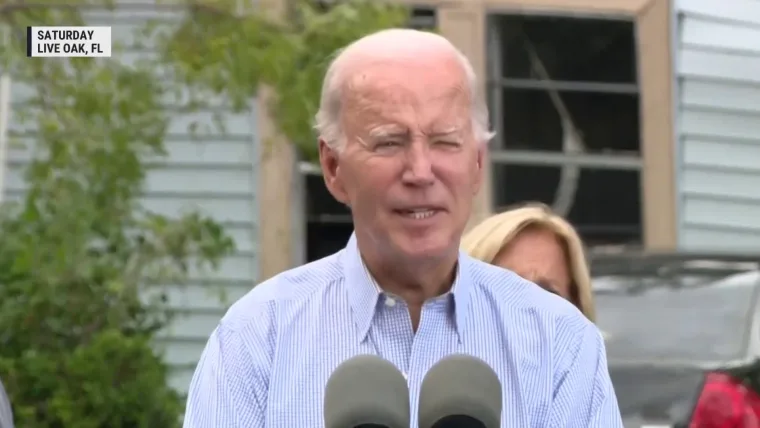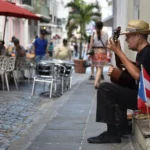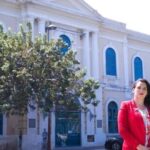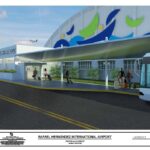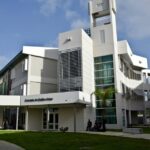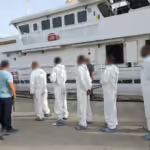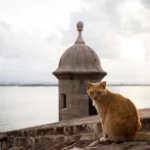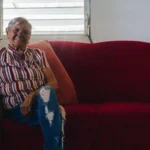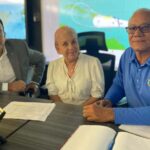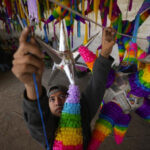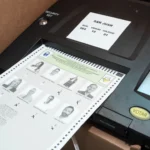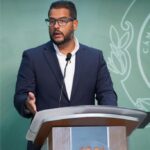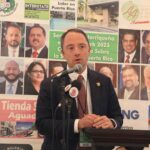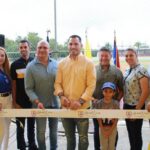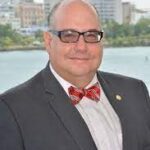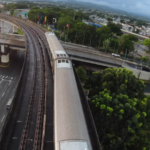The slow delivery of aid after the 2017 hurricanes and subsequent earthquakes suggests Puerto Rico may never be treated fairly by Washington.
Ever since Hurricanes Irma and Maria devastated Puerto Rico in September 2017, leading to underreported death counts, months without power and billions of dollars in damages, the 3.2 million people there and 5.8 million Puerto Ricans stateside have gone through a soul-searching about where Puerto Rico will go next. The biggest question is whether the island and its people will ever be treated fairly by the federal government.
There’s good reason for that question: A federal audit released this month found that only $1.8 billion of the $23 billion earmarked to help the island recover from the 2017 hurricanes and from earthquakes in 2019 and 2020 has been spent. That’s barely 8% of the allocated money, a figure so minuscule it confirms what most Puerto Ricans already know. The federal government’s relationship with the island is downright colonial.
The response to Maria began with then-President Donald Trump throwing rolls of paper towels to those in need and despite some slight improvement during President Joe Biden’s administration, FEMA’s track record is one of utter failure, mismanagement and cultural ignorance.
“A mere 8% in recovery spending is a reminder that so many leaders do not see the urgency in protecting the well-being of Puerto Ricans,” Erica González, director of the Power 4 Puerto Rico coalition, told me. The coalition lobbies for greater legislative interest in the island.
Given the supposed lessons FEMA learned from its failures in responding to Hurricane Katrina in 2005, why, more than six years after Hurricane Maria, are the people of Puerto Rico still waiting for more than 90% of money that’s been allotted to the island? A FEMA spokesperson sent a lengthy email to this and other questions I sent, saying that “our commitment to the recovery of Puerto Rico continues strong.” This month’s audit, that spokesperson wrote, notes that there’ve been some improvements in how funds are being disbursed.
FEMA deserves lots of blame, but as Rep. Nydia Velázquez, D-N.Y., points out, not all of it. She said officials in San Juan have a history of ignoring other parts of the island.
“Government centralization has had the disadvantage of leaving municipalities behind. This is unacceptable,” she said. Velázquez, who is of Puerto Rican descent, has served New York’s 7th Congressional District since 1993. González of Power 4 Puerto Rico said “local special interests have been prioritized over the critical infrastructure and essential services Puerto Ricans need.” Puerto Ricans deserve more transparency and deserve government officials whose rebuilding projects benefit “the most vulnerable Puerto Ricans,” Velázquez said.


